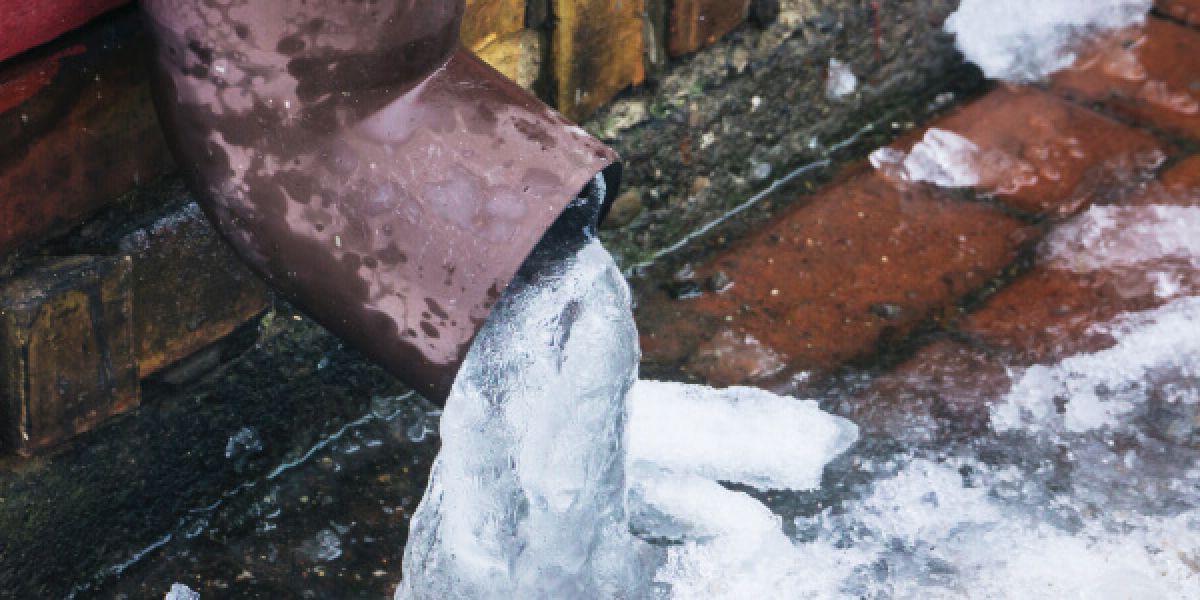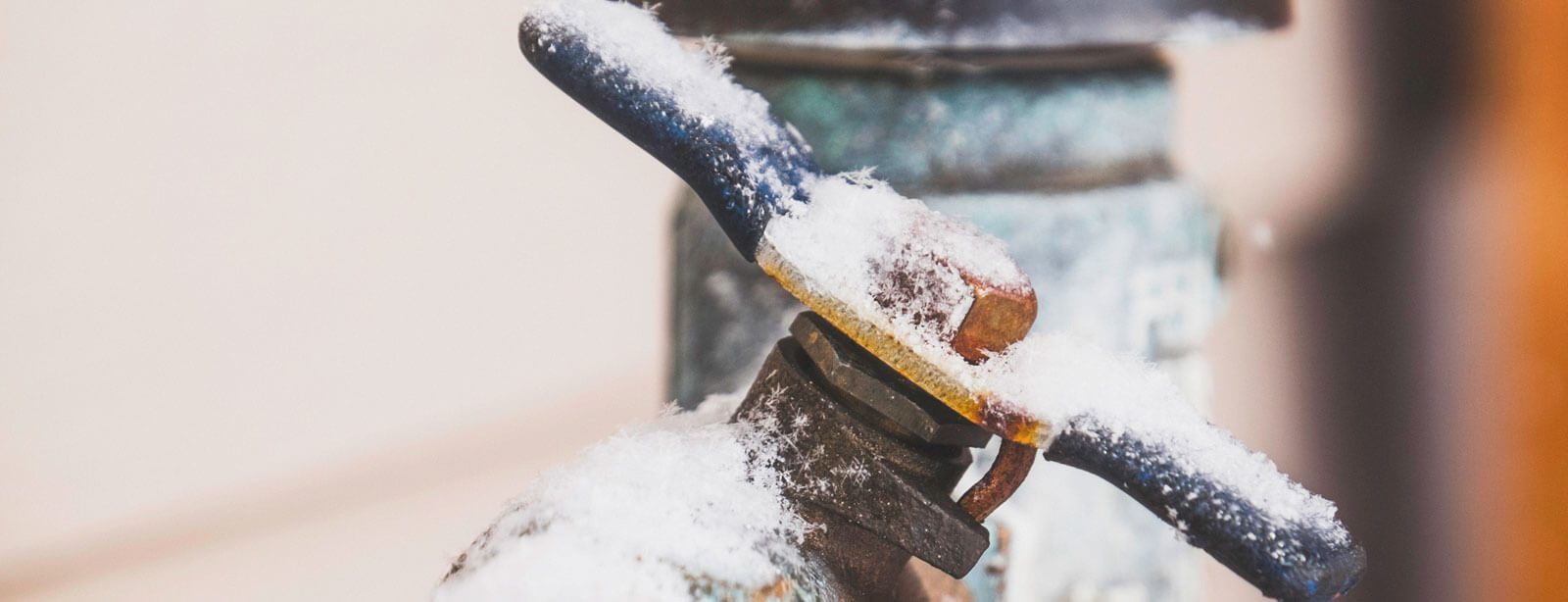How to Protect Your Plumbing from Cold Weather: Essential Strategies
How to Protect Your Plumbing from Cold Weather: Essential Strategies
Blog Article
The content directly below involving How To Avoid Freezing Pipes is fairly insightful. You should take a peek.

Cold weather can damage your pipes, particularly by freezing pipes. Right here's just how to prevent it from occurring and what to do if it does.
Introduction
As temperature levels decline, the threat of frozen pipes increases, potentially causing pricey fixings and water damages. Understanding how to prevent frozen pipelines is crucial for homeowners in cold climates.
Avoidance Tips
Shielding at risk pipelines
Wrap pipes in insulation sleeves or utilize warmth tape to protect them from freezing temperature levels. Concentrate on pipelines in unheated or external locations of the home.
Home heating methods
Maintain indoor spaces properly warmed, especially locations with plumbing. Open up cupboard doors to allow cozy air to circulate around pipelines under sinks.
How to recognize icy pipelines
Try to find lowered water circulation from faucets, uncommon smells or noises from pipelines, and visible frost on revealed pipelines.
Long-Term Solutions
Structural changes
Think about rerouting pipelines far from exterior wall surfaces or unheated areas. Add added insulation to attics, basements, and crawl spaces.
Updating insulation
Buy top notch insulation for pipelines, attics, and walls. Appropriate insulation assists maintain regular temperatures and reduces the danger of icy pipes.
Shielding Outside Pipes
Garden tubes and outdoor faucets
Separate and drain garden hose pipes before winter. Mount frost-proof faucets or cover outdoor taps with protected caps.
Understanding Icy Pipes
What creates pipes to ice up?
Pipes ice up when exposed to temperature levels below 32 ° F (0 ° C) for expanded periods. As water inside the pipes ices up, it expands, taxing the pipeline walls and possibly creating them to burst.
Dangers and problems
Frozen pipes can cause water disruptions, property damage, and costly repair services. Ruptured pipelines can flooding homes and create extensive structural damage.
Signs of Frozen Pipeline
Determining frozen pipelines early can stop them from bursting.
What to Do If Your Pipes Freeze
Immediate actions to take
If you believe frozen pipes, maintain taps open to relieve stress as the ice melts. Make use of a hairdryer or towels soaked in warm water to thaw pipes gradually.
Final thought
Preventing icy pipelines needs aggressive steps and fast responses. By comprehending the reasons, indications, and safety nets, homeowners can secure their pipes during cold weather.
Helpful Tips to Prevent Frozen Pipes this Winter
UNDERSTANDING THE BASICS: WHY PIPES FREEZE AND WHY IT’S A PROBLEM
Water freezing inside pipes is common during the winter months, but understanding why pipes freeze, and the potential problems it can cause is crucial in preventing such incidents. This section will delve into the basics of why pipes freeze and the associated problems that may arise.
THE SCIENCE BEHIND FROZEN PIPES
When water reaches freezing temperatures, it undergoes a physical transformation and solidifies into ice. This expansion of water as it freezes is the primary reason pipes can burst. As the water inside the pipe freezes, it expands, creating immense pressure on the walls. If the pressure becomes too great, the pipe can crack or rupture, leading to leaks and water damage.
FACTORS THAT CONTRIBUTE TO PIPE FREEZING
Low Temperatures: Extremely cold weather, especially below freezing, increases the risk of pipes freezing. Uninsulated or Poorly Insulated Pipes: Pipes located in unheated areas, such as basements, crawl spaces, or attics, are more prone to freezing. Insufficient insulation or lack of insulation altogether exacerbates the problem. Exterior Wall Exposure: Pipes running along exterior walls are susceptible to freezing as they encounter colder temperatures outside. Lack of Heating or Temperature Regulation: Inadequate heating or inconsistent temperature control in your home can contribute to frozen pipes. PROBLEMS CAUSED BY FROZEN PIPES
- Pipe Bursting: As mentioned earlier, the expansion of water as it freezes can cause pipes to burst, resulting in significant water damage.
- Water Damage: When pipes burst, it can lead to flooding and water damage to your property, including walls, ceilings, flooring, and personal belongings.
- Structural Damage: Prolonged exposure to water from burst pipes can compromise the structural integrity of your home, leading to costly repairs.
- Mold and Mildew Growth: Excess moisture from water damage can create a favorable environment for mold and mildew growth, posing health risks to occupants.
- Disrupted Water Supply: Frozen pipes can also result in a complete or partial loss of water supply until the issue is resolved.
WHY CERTAIN PIPES ARE MORE PRONE TO FREEZING
- Location: Pipes located in unheated or poorly insulated areas, such as basements, crawl spaces, attics, or exterior walls, are at higher risk of freezing.
- Exterior Pipes: Outdoor pipes, such as those used for irrigation or exposed plumbing, are particularly vulnerable to freezing as they are directly exposed to the elements.
- Supply Lines: Pipes that carry water from the main water supply into your home, including the main water line, are critical to protect as freezing in these lines can affect your entire plumbing system.
- Underground Pipes: Pipes buried underground, such as those connected to sprinkler systems or outdoor faucets, can be susceptible to freezing if not properly insulated.
https://busybusy.com/blog/helpful-tips-to-prevent-frozen-pipes-this-winter/

Do you appreciate more info about Prevent Frozen Pipes ? Place a review directly below. We will be pleased to know your opinion about this entry. We are looking forward that you come back again later on. Appreciated our write-up? Please share it. Let others locate it. I appreciate reading our article about How To Avoid Freezing Pipes.
Give Me A Quote! Report this page